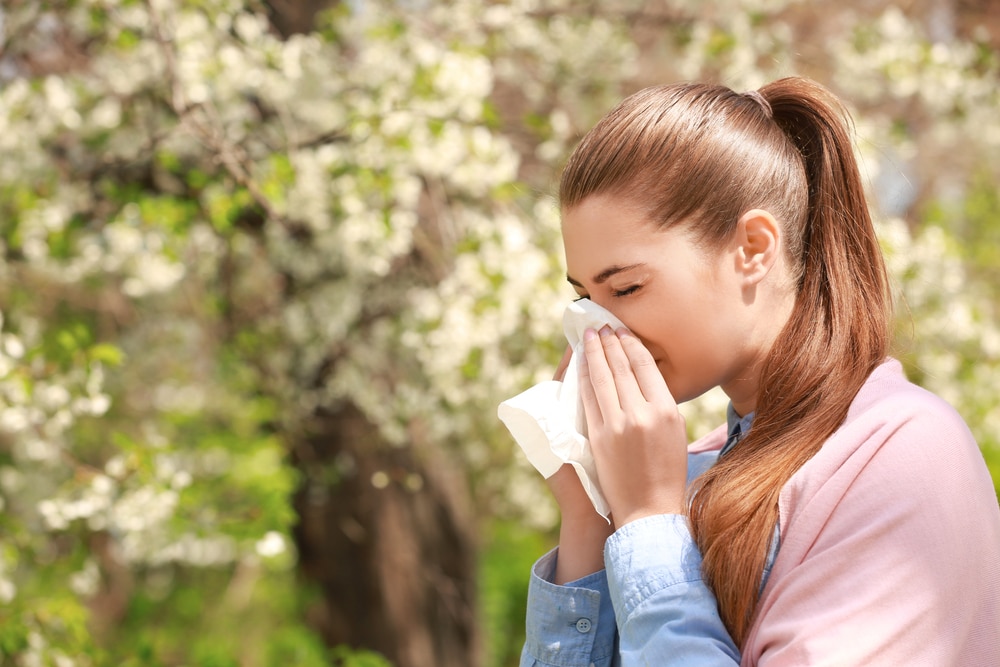Researchers from Michigan are looking into a potential connection between elevated risk of suicide and worsening mental health and high pollen counts or allergy days.
According to the theory, allergies function as a stressor that impairs sleep, aggravates people, and can lead to poor judgment and, in certain situations, mental health crises. The study looks at suicides and ER visits on days with high pollen counts.
Climate change, according to Dr. Shooshan Danagoulian, an associate professor of economics in Wayne State University’s College of Liberal Arts and Sciences, is lengthening and intensifying the allergy season, which may be a factor in the rise in mental health problems.
“When I have allergies, I tend to be more irritable, more sluggish and tend not to make good judgments,” she said. “So, I wanted to find out if this affects behaviors more widely.”
It merits more examination. In 2018 alone, more than 300,000 people sought treatment in emergency departments for self-harm injuries, and over 47,000 people took their own lives. The Centers for Disease Control and Prevention state that those figures are a part of a trend that has been rising over the past ten years.
Wayne State has received a $125,000 two-year grant from the American Foundation for Suicide Prevention to investigate these “Seasonal Allergy Blues.”
In addition to the well-known symptoms of itchy, watery eyes and sneezing that allergy patients experience, Danagoulian stated that pollen is also linked to poorer sleep, tiredness throughout the day, and diminished cognitive function—all of which are established risk factors for suicide.
“We are not saying that high pollen makes us want to take our own life,” she stated. “Instead, it’s the idea of having a persistent feeling of being unwell – and it accumulates over time until a particularly high-pollen day can just tip you over the edge.”
More than 25% of adult Americans, according to her, suffer from seasonal allergies. She added that treating allergies is especially crucial in rural regions with higher tree cover. The lack of mental health professionals in Michigan, she continued, is a second problem.

 Diabetology2 weeks ago
Diabetology2 weeks ago
 Diabetology5 days ago
Diabetology5 days ago
 Diabetology1 day ago
Diabetology1 day ago
 Diabetology1 day ago
Diabetology1 day ago















